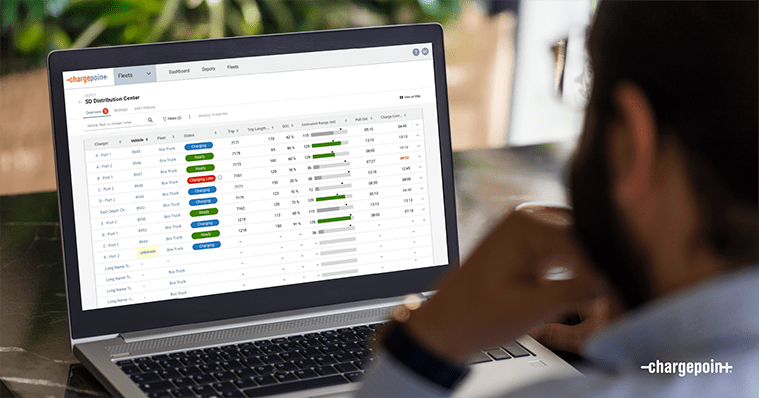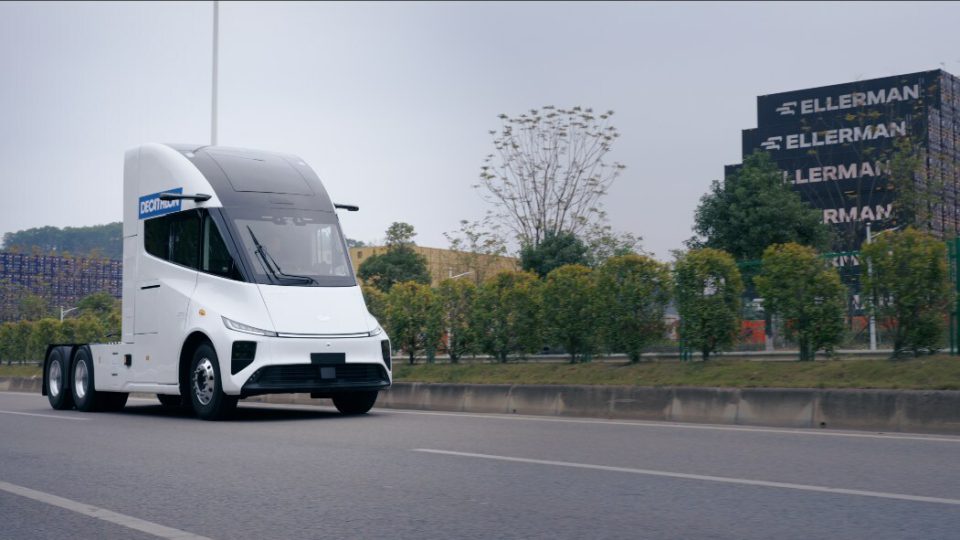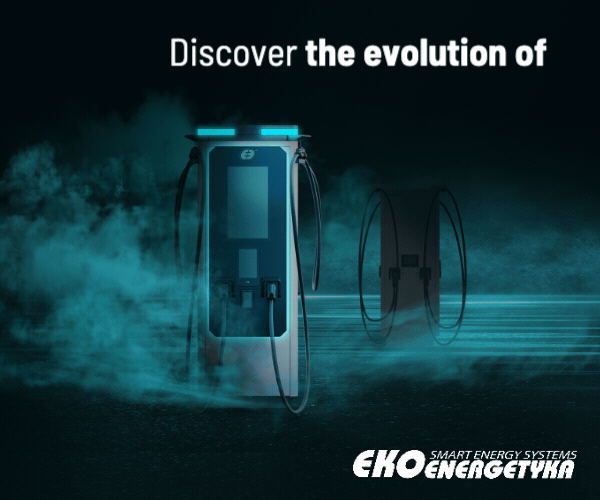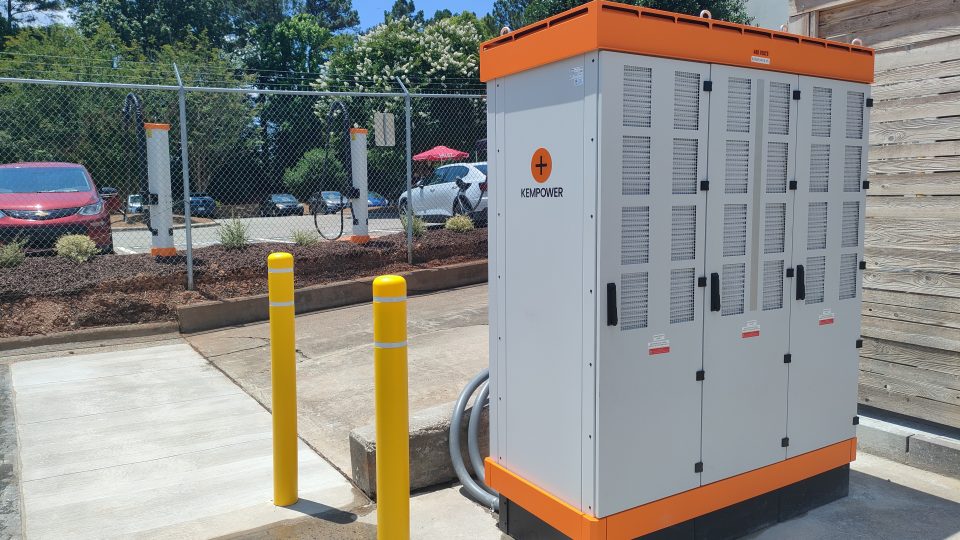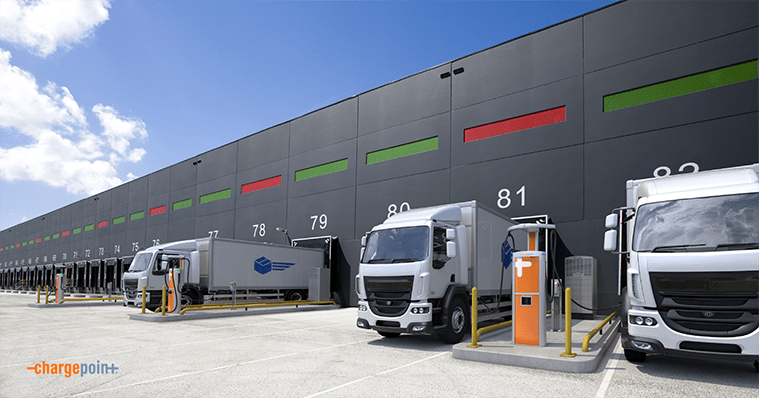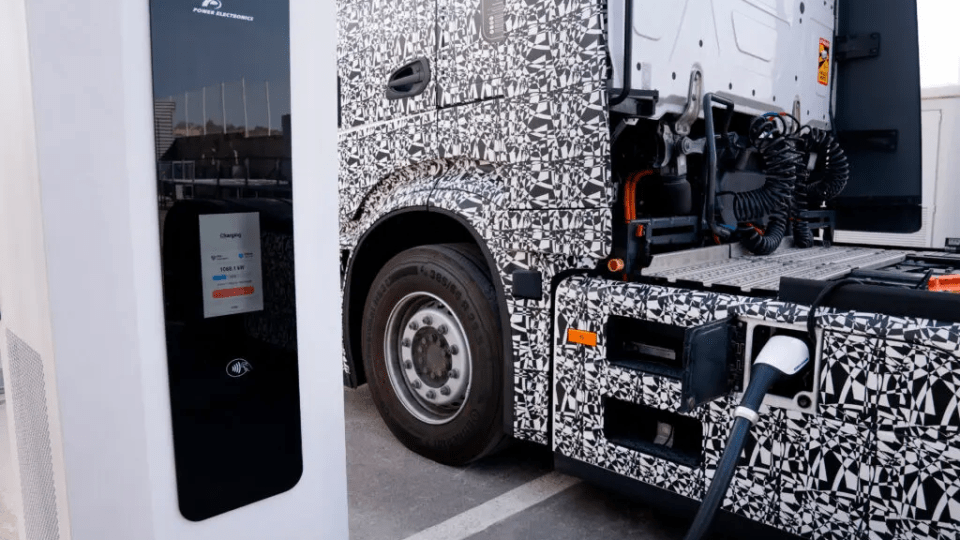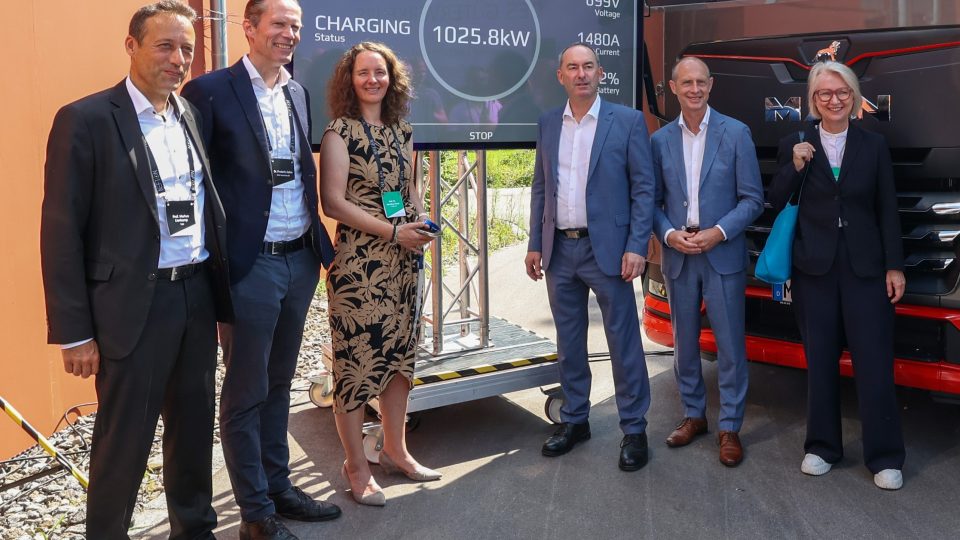Three things you probably hadn’t thought of when electrifying logistics fleets
Many logistics and delivery fleets are just starting up with the electrification process, experimenting with their first electric vehicles and charging strategies. This means they are now in the perfect position to look at best practices and start their electric journey. ChargePoint created a short list of the most important things to consider before kick-starting an electric logistics fleet operation. Let’s find them out.
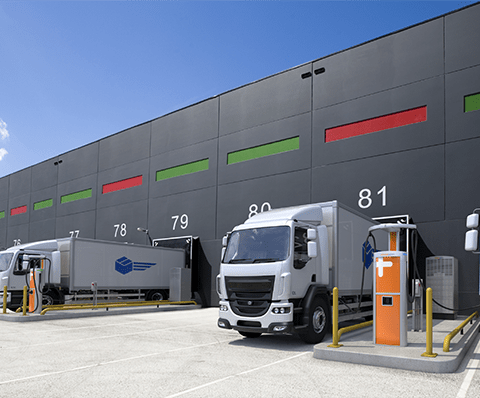
Many logistics and delivery fleets are just starting up with the electrification process, experimenting with their first electric vehicles and charging strategies. This means they are now in the perfect position to look at best practices and start their electric journey on the right foot and with a smart, scalable strategy for the future. With that in mind, ChargePoint created a short list of the most important things to consider before kick-starting an electric logistics fleet operation. Let’s find them out.
One. Integrating charging infrastructure into your site
One potential pain point for logistics fleets just starting to go electric is not giving enough thought to the charging infrastructure. While purchasing the first electric vehicles is an important step, it’s essential to look at the existing depot and grid infrastructure, to plan any potential upgrades in a strategic, multi-year manner. This is the moment to consider all the factors that will affect your site electrification, such as grid connection, parking spots, driveways, and the best-suited charging infrastructure spots.
It’s especially important to think about when the charging infrastructure must be implemented. It implies more than just buying and installing a charger. Grid infrastructure needs to be dimensioned properly and in case a grid upgrade is required, it can take a very long time. Thus, planning infrastructure in advance and understanding operational needs are key to a successful EV rollout.
Two. Choosing the right partner to design and build your EV fleet depot
Many operators will start their electrification process without prior experience in setting up a charging site for an electric fleet. And that is totally normal. But this makes it even more important to choose the right electrification partner with extensive experience in designing and building electric depots, including site planning with electrical equipment, charging infrastructure, energy management and fleet processes. It’s additionally helpful if your chosen partner has experience navigating the complexity of coordinating different engineering companies.
Three. Deciding on the right hardware and fleet management software
Furthermore, you should find a reliable partner that can combine an individual charging solution with integrated management software. You want to be able to choose from a varied portfolio of charging hardware that is best suited for your needs, be it AC or DC charging. You should also consider things like build quality, warranty, and how fast you can integrate new chargers as you scale up your operation.
The importance of relying on the right fleet management software
Moreover, fleet management software is essential for an efficient logistics operation. Most operators in this vertical are already familiar with planning tools. With both vehicles and chargers that need monitoring, a centralized operation with IT tools that can exchange change data becomes essential. This allows operators to perform energy management with ease, improve the accessibility of charging points and use smart charging processes to fully utilize their infrastructure while minimizing costs and increasing vehicle time on the road.
Cutting costs while enhancing fleet operations is just one aspect of why more and more companies are electrifying at pace – and on a global scale. Sustainability goals and pressure from growing government regulations are boosting this transition, too. If you want to find out in detail why market leaders worldwide are going electric and learn more about the trends and opportunities of fleet electrification, check out ChargePoint’s Charging Forward Fleet Report 2022.

ChargePoint: the partner for fleet electrification
Logistic fleet operators that want to start this exciting e-mobility journey are not alone. ChargePoint already helped hundreds of fleets across all industries to electrify strategically, with effectiveness and a long-term vision in mind.
From consulting and design & build to selecting the proper hardware and software to fit their specific use case, ChargePoint may support the electrification of logistic fleets and accelerate the transition to e-mobility on a global level. Click here to get in touch with ChargePoint.




